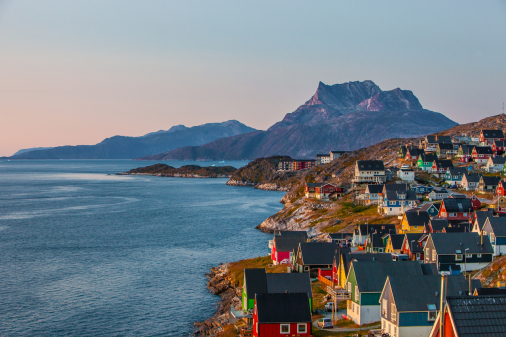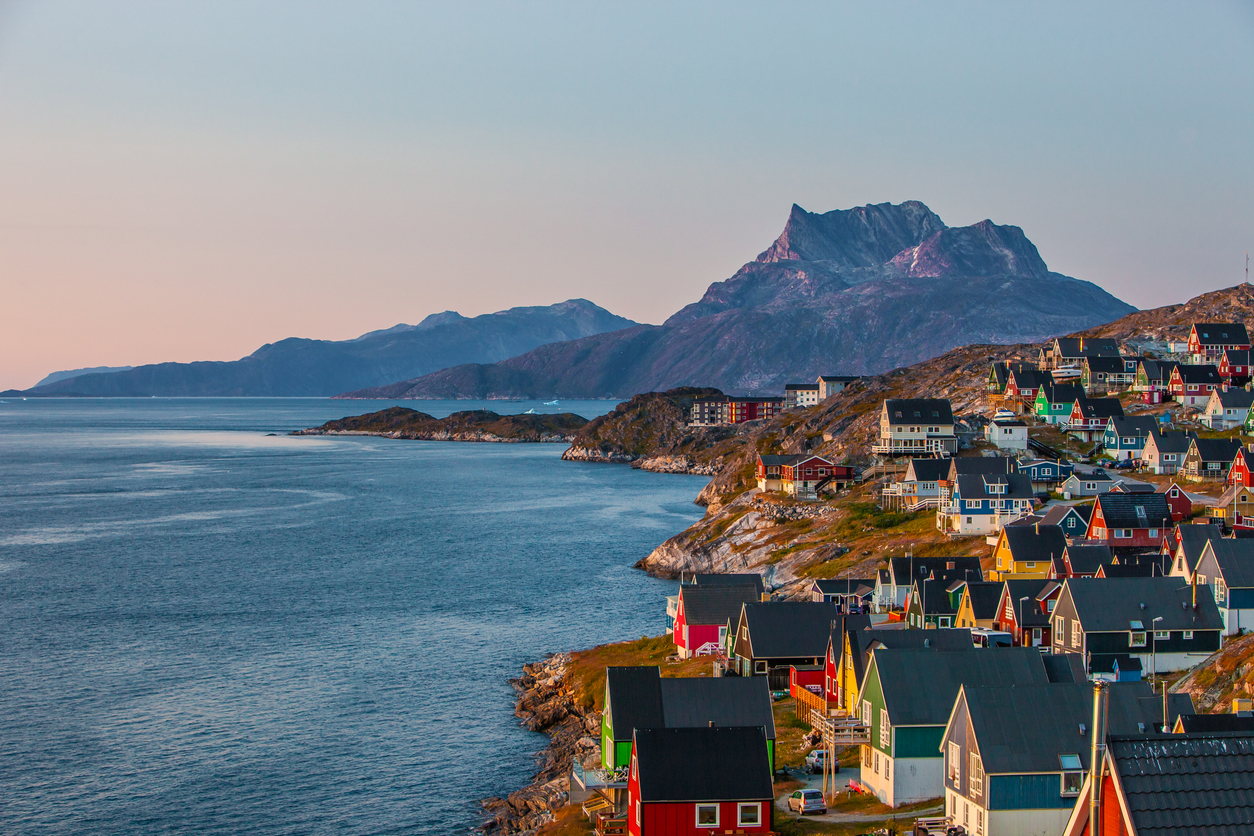America’s Strategic Interests in Greenland: A Closer Look

(Photo: Getty/iStock)
As the Avannaata Qimusseru dog-sled race in Sisimiut, Greenland, geared up for international attention, a change of plans shifted the focus to a more critical venue. America’s Second Lady, Usha Vance, initially set to attend the race, redirected her schedule to join Vice-President JD Vance at the United States Space Force Base at Pituffik in northern Greenland. The cancellation left many husky owners relieved, while the Vances faced the icy temperatures of minus 18C at Pituffik.
Pituffik, formerly known as Thule Air Base, is strategically located 750 miles north of the Arctic Circle, serving as a hub for missile warning and space surveillance. The visit by the Vances highlighted growing tensions between the U.S. and Denmark over Greenland’s strategic importance. Vice-President Vance, in a speech reported by various outlets, critiqued Denmark’s treatment of Greenland and its lack of investment in security infrastructure. A senior White House official, quoted by Raw Story Media, noted Vance’s likely message: “Unfortunately, Danish leaders have spent decades mistreating the Greenland people, treating them like second class citizens and allowing infrastructure on the island to fall into disrepair.”
Germany’s DPA echoed these sentiments, with Vance pointing out Denmark’s security neglect: ” … that has to change. Because it hasn’t changed, this is why President Trump’s policy in Greenland is what it is … Denmark has not kept pace with military spending that would keep the base, US troops and the people of Greenland safe” from potential threats posed by China and Russia.
The Vice-President’s approach was notably more measured than the President’s. President Trump, in contrast, was direct: “We need Greenland, very importantly for international security. We have to have Greenland. It’s not a question of, ‘Do you think we can do without it?’ We can’t.” He expressed concerns over Chinese and Russian activities around Greenland, doubting Denmark’s ability to manage the situation effectively.
While Vance projected a more stable and focused demeanor during his address to Pituffik base personnel, he stressed the urgency of strengthening military investments, not only by Denmark but also by America’s European allies. He remarked, “Part of having good relations is showing your strength when you have to,” emphasizing the necessity to acknowledge the strategic interests of Russia and China in Greenland.
Despite facing criticism from Denmark, Vance reiterated that U.S. policy was centered on “our shared security” and aligned with President Trump’s previous administration’s policies. He proposed that Greenland retain its current autonomy, but under U.S. administration, because Denmark was perceived as unable to handle the task. This move was aimed at preventing Russian or Chinese influence in the Arctic region.
Securing the world’s largest island, with its harsh environment, presents significant challenges that may exceed the capabilities of a small nation like Denmark. However, the situation calls for diplomatic dialogue between Washington and Copenhagen, outside of NATO frameworks. A respectful approach could avert unnecessary exposure of differences to adversaries.
The broader picture involves America’s view of its NATO allies, including Denmark, concerning defense responsibilities. The sentiment in the U.S. is that America shoulders the majority of the defense burden. President Trump, known for his forthright and sometimes isolationist stance, is acting on long-standing concerns. His current approach reflects a belief in his strengthened position.
The strategic importance of Pituffik is undeniable. Its proximity to key Russian locations, such as Murmansk and Moscow, underscores its value. For instance, Pituffik is 1,871 miles from Murmansk, compared to 2,951 miles from the nearest NATO base in Goose Bay, Labrador. As America reassesses its defense strategies, including relations with Canada, these distances highlight Pituffik’s critical role.
While America’s NATO allies, including Denmark, have been urged to enhance their defense contributions, a more diplomatic approach may foster better cooperation. Denmark deserves respect and collaboration, rather than confrontation.
This article was originally written by www.christiantoday.com






